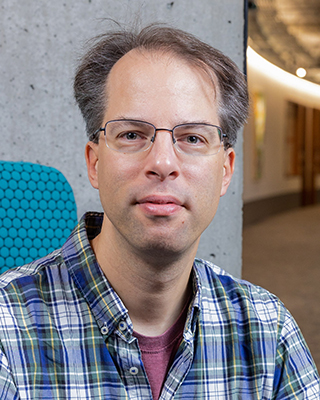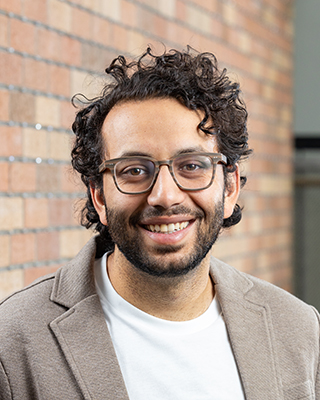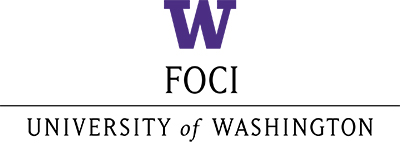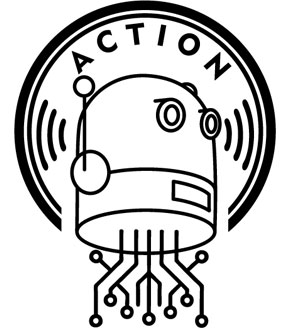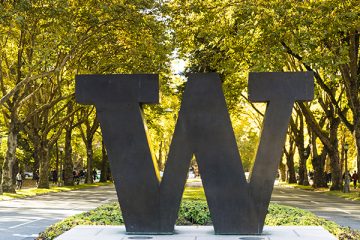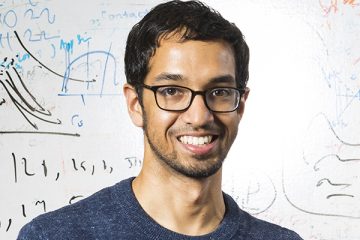Our researchers are driving innovation across the entire hardware, software and network stack to make computer systems more reliable, efficient and secure.
From internet-scale networks, to next-generation chip designs, to deep learning frameworks and more, we build and refine the devices and applications that individuals, industries and, indeed, entire economies depend upon every day.
Research Groups & Labs
Bespoke Silicon Group
The Bespoke Silicon Group aims to bring hardware design to its highest art and rapidly conceive of, design and implement entirely new kinds of hardware faster than has ever been done before.

Quantum Group
The Quantum Group does research on a variety of topics in quantum information and computation (primarily on the theory side), including quantum complexity theory, error-correction, cryptography, algorithms, and learning.
Faculty Members
Centers & Initiatives
The UW Center for the Future of Cloud Infrastructure (FOCI) aims to foster a tight partnership between practitioners and researchers in both industry and academia to define the next generation of cloud infrastructure to achieve new levels of security, reliability, performance along with cost-efficiency and environmental sustainability.
The NSF AI Institute for Agent-based Cyber Threat Intelligence and Operation (ACTION) seeks to change the way mission-critical systems are protected against sophisticated, ever-changing security threats. In cooperation with (and learning from) security operations experts, intelligent agents will use complex knowledge representation, logic reasoning, and learning to identify flaws, detect attacks, perform attribution, and respond to breaches in a timely and scalable fashion.
Highlights
Allen School News
UW News
Allen School News

